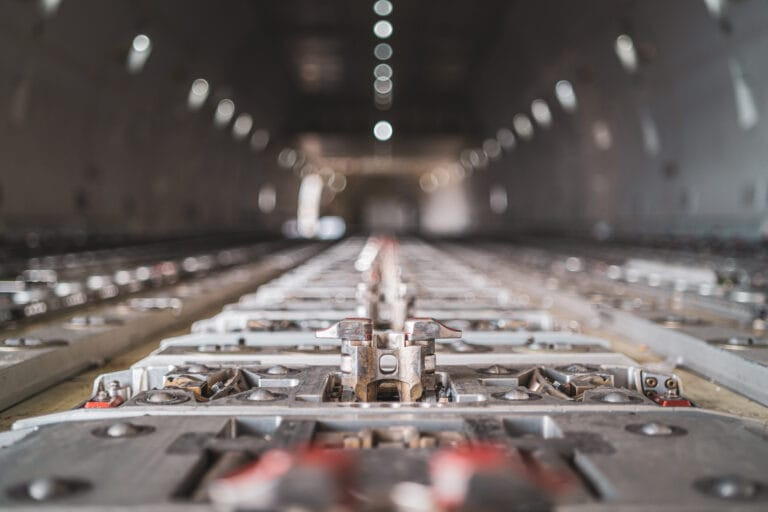The Covid-19 pandemic placed significant emphasis on pharma, especially with the global distribution of vaccines. With such a focused effort, there were substantial investments in the cool chain to ensure the safe delivery of these products worldwide, which the industry is now benefiting from.
“Pharma is a key strategic product. We believe that demographic shifts will drive increased demand in the future. As people age, their needs will grow, and innovations in the industry will be more patient-focused with more specialised or customised solutions,” Joel Wobma, Air France KLM Martinair Cargo’s Pharma Director, stated. “That’s why we view Pharma as a growing segment and continue to invest in it, as well as in our cool chain capabilities.”
“Under the pressure of Covid-19, we were able to identify areas for improvement. We used that time to enhance our processes, and as a result, we’ve seen improvements in both the quality of our services and our capabilities. The overall focus on pharma has also increased, which is a positive development for the industry and for us.”
Industry enhancements
AFKLMP Cargo is currently investing in expanding its two to eight degree cool chain capability at Paris Charles de Gaulle. By increasing capacity and investing in people and expertise, such as CEIV and GDP certification—service offerings can be strengthened.
“We are investing in our entire network,” Wobma explained. “One of the recent improvements we’ve made is the rollout of thermal covers. We noticed that some temperature exposure was affecting the quality of the cargo, so we’re taking proactive steps to address this and prevent similar issues in the future.
“We’re constantly evaluating what’s happening in our operations and looking for ways to improve. The introduction of thermal covers is just one example of how we’re working to ensure we deliver on our promises to customers.”
Outside challenges
One topic that is often underrepresented in pharmaceutical supply chain discussions is the geopolitical implications. While no one has a crystal ball, it is important to consider how changes in geopolitics, factory locations, and global supply chains might affect operations.
“Right now, I don’t see any major risks to our cool chain specifically, but there are many factors outside our control,” Wobma highlighted. “For example, changes in tariffs and other external factors are beyond our sphere of influence, yet they can still have an impact.
“We need to remain agile and ready to adjust our focus and capabilities depending on what’s happening in the market. My role is to keep everyone informed internally and to help find ways to navigate these changes effectively. However, it’s a very unpredictable environment right now, which makes it a challenging situation to manage.”
Looking to Lyon
As a sponsor of the upcoming Logipharma conference, AFKLMP has a plan to keep everyone cool with ice creams, while showcasing their recent developments and better understand the dynamics of the industry.
Heading into the event, AFKLMP Cargo is working on a new strategy, focusing on being competitive, the quality requirements around cargo temperature control, and the importance of delivering on time will continue to be priorities.
“At the event, we’re bringing all the expertise and capabilities we have as a team, along with the strength of our network and alliances, including our joint venture partners. We have a lot to offer, but we’re also eager to learn,” Wobma stated.
“What I’m really interested in at this event is exploring what changes in the industry could affect our supply chain in the future, beyond the usual factors of cost, time, and quality.
“For example, how will artificial intelligence impact the industry? How will the growing focus on specialised, patient-centred treatments like gene therapy and biopharmaceuticals influence the supply chain? Will there be changes in packaging that require us to adjust our capabilities?”
Learning from the industry
At the LogiPharma conference, there will be master classes and discussions offering companies an opportunity to listen to clients, understanding their needs and how to fulfil those needs with the capabilities currently available.
“What clients require today may not be the same in the future, so it’s crucial to conduct a forward-thinking, future-proof investigation into what will be required from a client perspective,” Wobma expressed.




